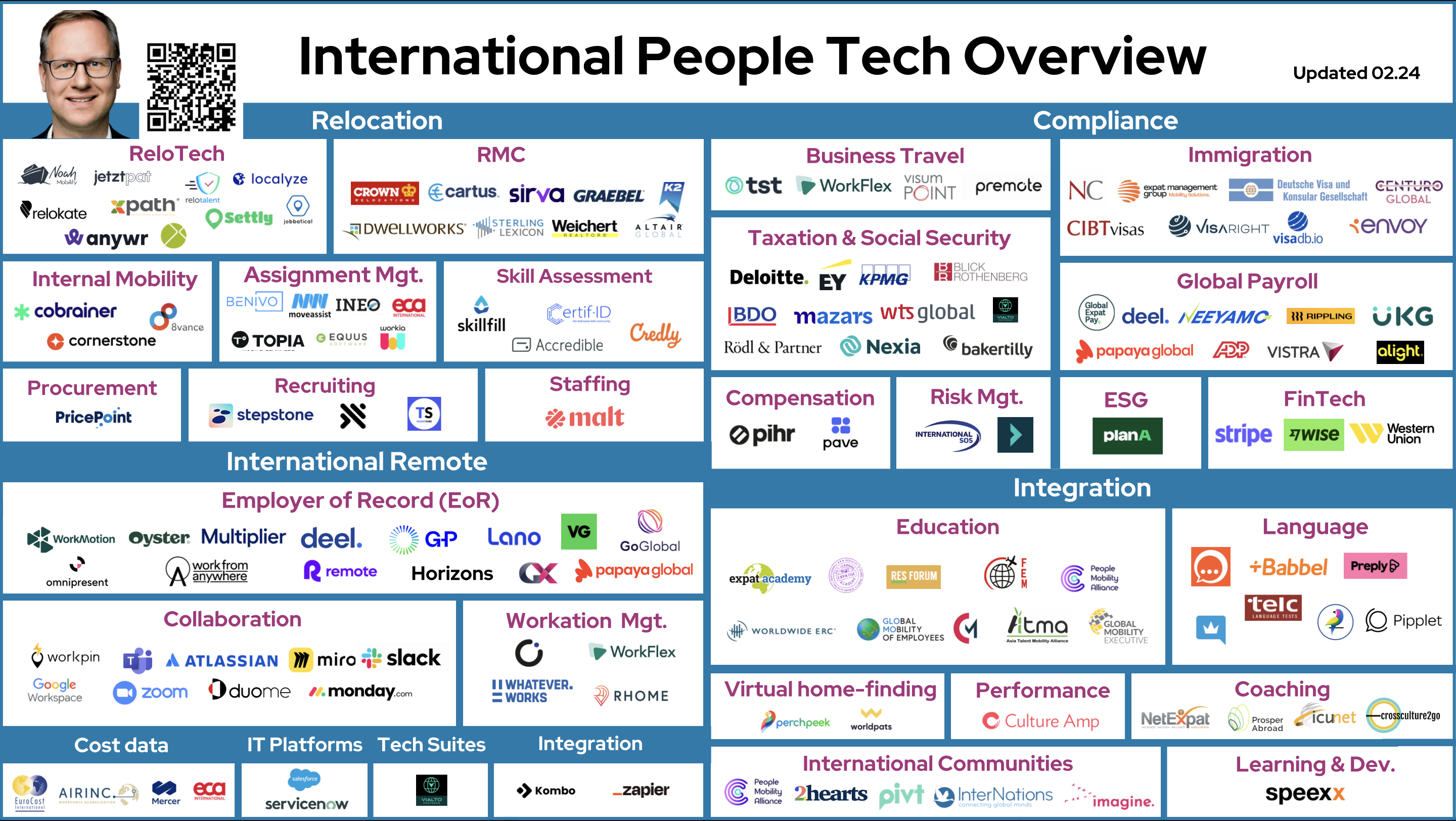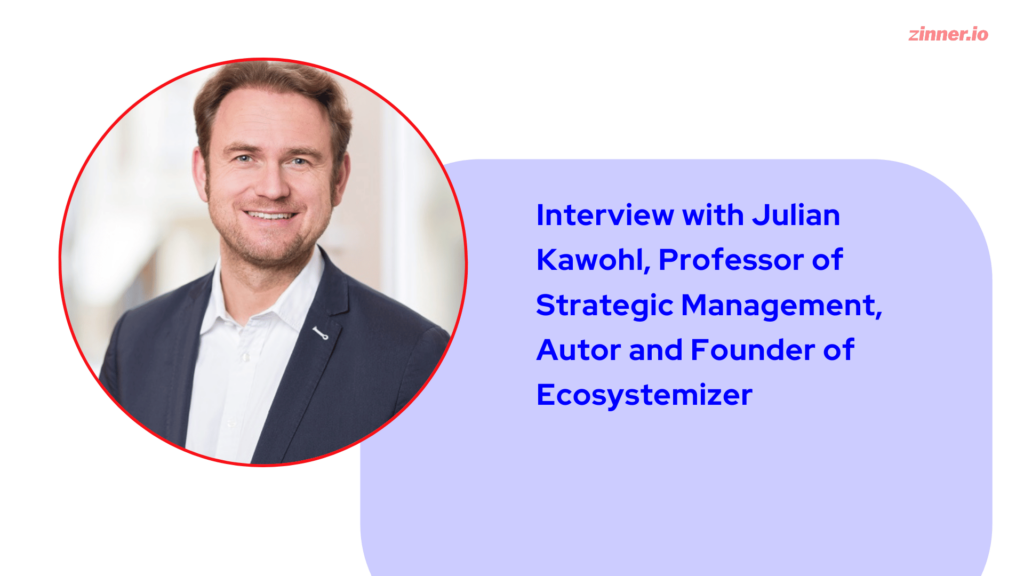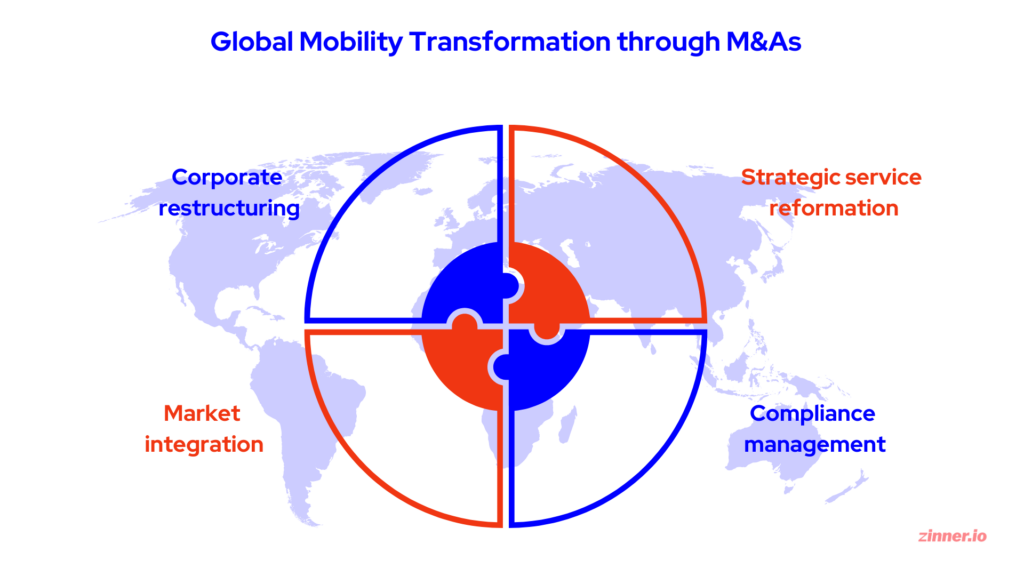How Tech Revolutionizes Global Workforce Mobility
The rise of People Tech marks a significant evolution in the 21st-century workplace. It represents a shift from traditional HR technology to a more dynamic and inclusive approach. This new paradigm helps enhance global workforce mobility by prioritizing fluid work environments and employee engagement in a globally connected setting. People Tech transforms workplace dynamics, revolutionizing the way we work and engage with each other. It adapts to the needs of a diverse and widespread workforce, making it a valuable asset for modern businesses.
People Tech is more than a technological upgrade. It’s a cultural shift in how we perceive and manage work. By prioritizing the individual needs and experiences of employees, it brings a human-centric approach to digital innovation. This evolution indicates a deeper understanding of how technology can be used to create a more inclusive, productive, and engaging work environment, especially in a global context.
From HR Tech Foundations to Work Tech Innovations
In the past, HR tech focused on digitizing traditional HR functions. But in recent years, there has been a shift towards “work tech”. Work tech goes beyond administrative tasks. It enables effective collaboration among teams that are geographically dispersed. Work tech plays a crucial role in combining remote and in-office work, ensuring that team dynamics are not hindered by distance or location.
Work tech is not simply a set of tools. It serves as a facilitator of global teamwork and collaboration. It allows teams, regardless of their location, to communicate and collaborate as effectively as if they were all in the same room. This feature of work technology is crucial in today’s hybrid work environments, where teams are often dispersed across different locations and time zones.
People Tech redefining work dynamics
So, what does the future hold in terms of technological advancements? This is where People Tech comes into play. Distinct from HR tech and work tech, which are geared towards process optimization and collaborative efforts, people tech integrates the essence of digitalization with a personal and human touch.
People tech stands out for its ability to blend digital processes with human interaction. Take, for instance, the process of relocating an international employee. People tech enables the management of this process via a SaaS platform, but it also incorporates human consultants. These consultants provide essential human communication and guidance to individuals who are relocating. This approach combines the convenience and efficiency of digital solutions with irreplaceable personal interaction. A bonus is that employees can access their HR tech stack privately at their convenience. With such a versatile solution, diverse market possibilities present themselves. This flexibility allows for a wide range of market possibilities, including business-to-business (B2B) and business-to-consumer (B2C) models, as well as hybrid business-to-business-to-consumer (B2B2C) models.
A Closer Look at People Tech Applications
International Employee Relocations: People tech streamlines the process with digital platforms, managing logistics and ensuring compliance. But the real innovation of people tech lies in incorporating human consultants. These consultants provide personalized support, ensuring that employees don’t feel lost in the shuffle of digital processes.
Enhancing Remote Work: People tech offers tools that bridge the physical distance between increasingly remote teams. Tools like video conferencing, collaborative platforms, and digital project management systems are not just designed for efficiency. They also mimic the dynamics of in-person collaboration, helping develop a sense of community and connection among dispersed colleagues.
Facilitating Workations: People tech is essential to support the trend of workations, where professionals blend work with travel. These platforms streamline trip planning, manage logistics, and ensure adherence to local regulations. Moreover, they also focus on cultural integration to facilitate smoother transitions for employees.
Integration: People tech helps employees integrate into new environments with ease. It provides platforms connecting new hires with existing teams, promoting social and professional networking that nurture a sense of belonging. Virtual meetups, team-building exercises and cultural orientation sessions help employees integrate into their new work culture and environment. Employee integration has a direct impact on employee satisfaction and performance.
Language Acquisition: Language barriers can be challenging in global work settings. People tech helps address this by providing access to language learning tools and real-time translation services. These tools help speed up the acquisition of language skills, thus enhancing communication and promoting a better cultural understanding among teams from different linguistic backgrounds.
Learning and Development: Continuous learning and professional development are essential aspects of any business. It helps ensure employees carry the necessary skills and knowledge to carry out their roles effectively. People tech platforms offer a variety of online courses, training modules and skills development programs that are available worldwide. This helps provide equal upskilling opportunities to all workers, irrespective of location. Furthermore, integrating blockchain technology can further enhance international recognition of professional qualifications and skills. Secure records and verification of educational achievements create an immutable transparent ledger with global access. This encourages international mobility in professionals because employers and institutions can easily verify the authenticity of qualifications without intermediaries.
Coaching: People Tech emphasizes the importance of coaching and mentorship in the workplace. Digital platforms connect employees with mentors and coaches, allowing one-on-one sessions, feedback and guidance. Personalized support is crucial for professional growth. It helps employees navigate their career paths, work challenges and personal development objectives.







